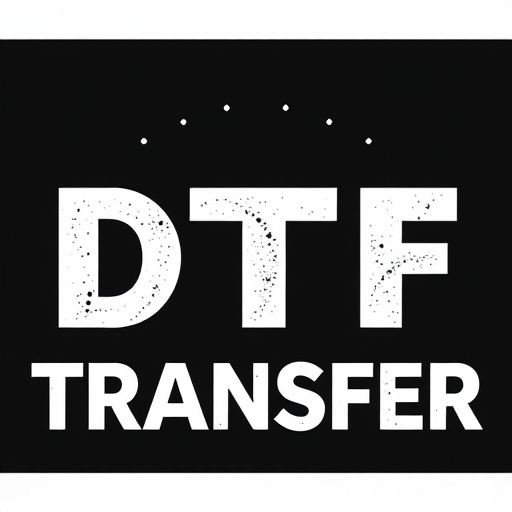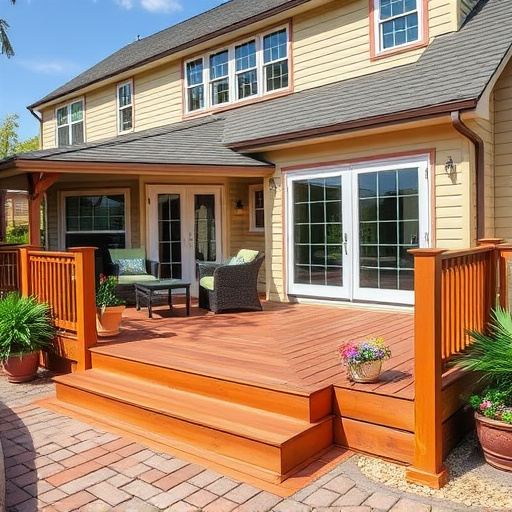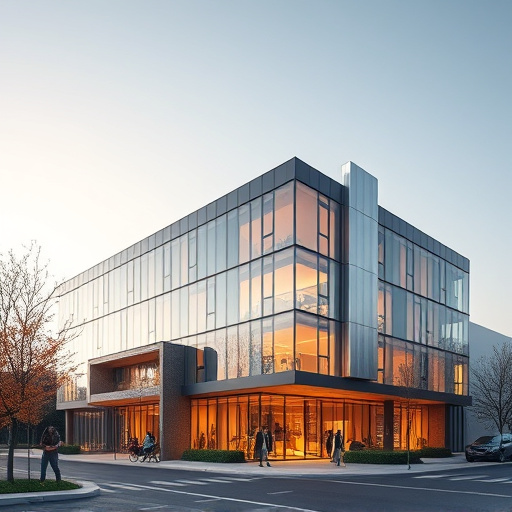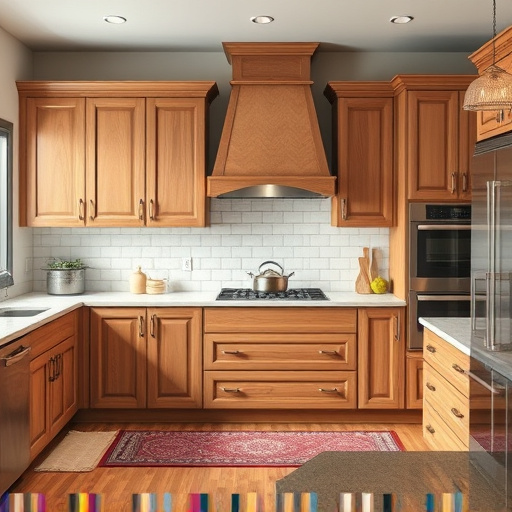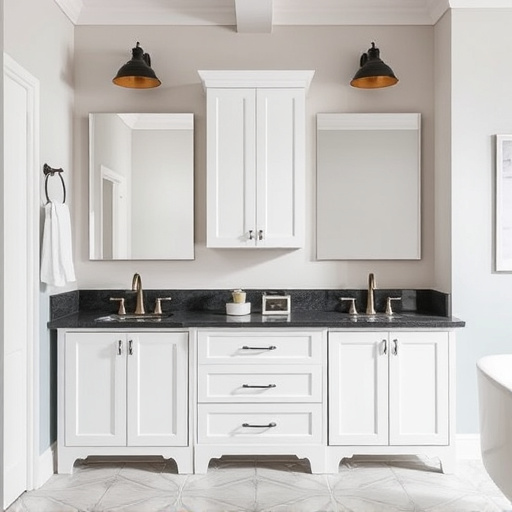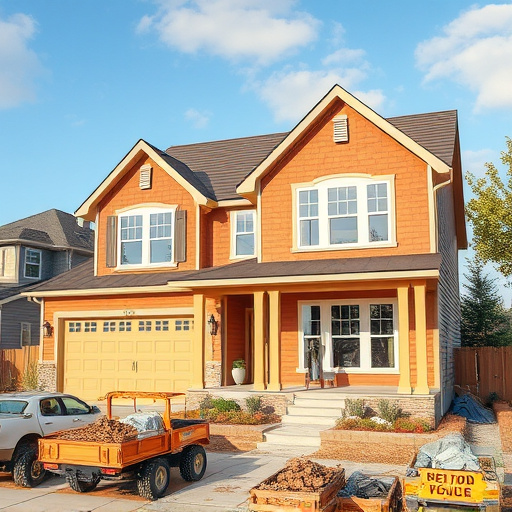Hardwood flooring is a desirable and practical choice for modern homes, boosting property value through timeless beauty and enhanced interior design. Its durability, low maintenance, and customizable patterns offer substantial ROI in real estate markets, making it a versatile and cost-effective renovation option. Longevity and simplicity of care make hardwood a popular investment, increasing home values and resale appeal.
Discover why investing in quality hardwood flooring is a smart move for real estate professionals. This article explores the substantial ROI potential of this timeless design choice, delving into its market appeal, financial benefits, and lasting impact on property value. Learn how to calculate returns, understand maintenance considerations, and explore why hardwood floors remain a top selling point, driving significant long-term gains.
- Understanding Hardwood Flooring's Market Appeal
- Financial Benefits: ROI Calculation and Factors
- Longevity, Maintenance, and Resale Value Impact
Understanding Hardwood Flooring's Market Appeal
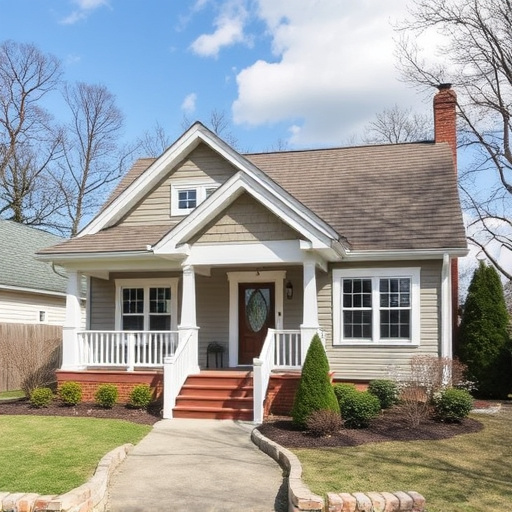
Hardwood flooring has long been a staple in homes, exuding warmth and natural beauty that enhances any interior space. In today’s competitive real estate market, understanding the allure of hardwood floors is crucial for both sellers and buyers alike. Home transformations often revolve around creating inviting and aesthetically pleasing environments, and hardwood flooring plays a significant role in achieving this. Its timeless elegance and versatility make it a preferred choice for whole house remodels, allowing homeowners to create a cohesive and stylish space that increases property value.
The appeal of hardwood extends beyond its visual charm. It offers durability and low maintenance, making it a practical investment. Customized work with unique wood species and intricate patterns can elevate the look and feel of a home, catering to buyers seeking distinctive features. As a result, when well-installed and maintained, hardwood flooring delivers substantial return on investment (ROI), ensuring that homes stand out in the market and command premium prices.
Financial Benefits: ROI Calculation and Factors

Investing in hardwood flooring offers significant financial advantages for real estate properties, making it a sound decision for both homeowners and real estate investors. When calculating the Return on Investment (ROI), several factors come into play. One of the primary benefits is the increased property value. Hardwood floors are known to elevate the overall aesthetics and appeal of a home, which directly impacts its marketability and sale price. This increase in value can be substantial, especially in areas where real estate is highly competitive.
Furthermore, hardwood flooring provides long-term savings through reduced maintenance and repair costs. Unlike carpets or lower-quality materials, hardwood floors are durable and resistant to wear and tear, ensuring they remain in excellent condition for years. This longevity translates to fewer replacement expenses, making them a cost-effective choice for both kitchen renovations and multiple room remodel projects. When considering customized home renovations, the versatility of hardwood flooring allows for various design options, adding to the overall value and desirability of the property.
Longevity, Maintenance, and Resale Value Impact

Hardwood flooring offers a unique combination of longevity and low maintenance, making it a top choice for real estate investments. With proper care, quality hardwood floors can last for generations, retaining their beauty and value over time. This durability is especially beneficial in high-traffic areas like kitchens and baths, where other materials might show signs of wear faster. Regular cleaning and spot treatment are typically all that’s required to keep them looking their best, making it a practical and cost-effective option for both homeowners and real estate investors.
When it comes to resale value, hardwood floors play a significant role in appealing to potential buyers. In a competitive market, homes featuring these timeless amenities often command higher prices and sell faster. This is because hardwood flooring adds warmth, elegance, and natural charm to functional spaces, enhancing the overall aesthetic appeal of a property. Unlike some trendy materials that may go out of style, hardwood floors are considered classic upgrades that consistently increase home value, making them an excellent investment for renovation services.
Quality hardwood flooring isn’t just an aesthetic choice; it’s a strategic investment that significantly enhances real estate value. By understanding the market appeal, calculating accurate ROI, and recognizing the long-term benefits in terms of longevity and maintenance, investors can make informed decisions. Hardwood floors not only add beauty and warmth to properties but also contribute to increased resale value, making them a sound financial choice for any real estate portfolio.

